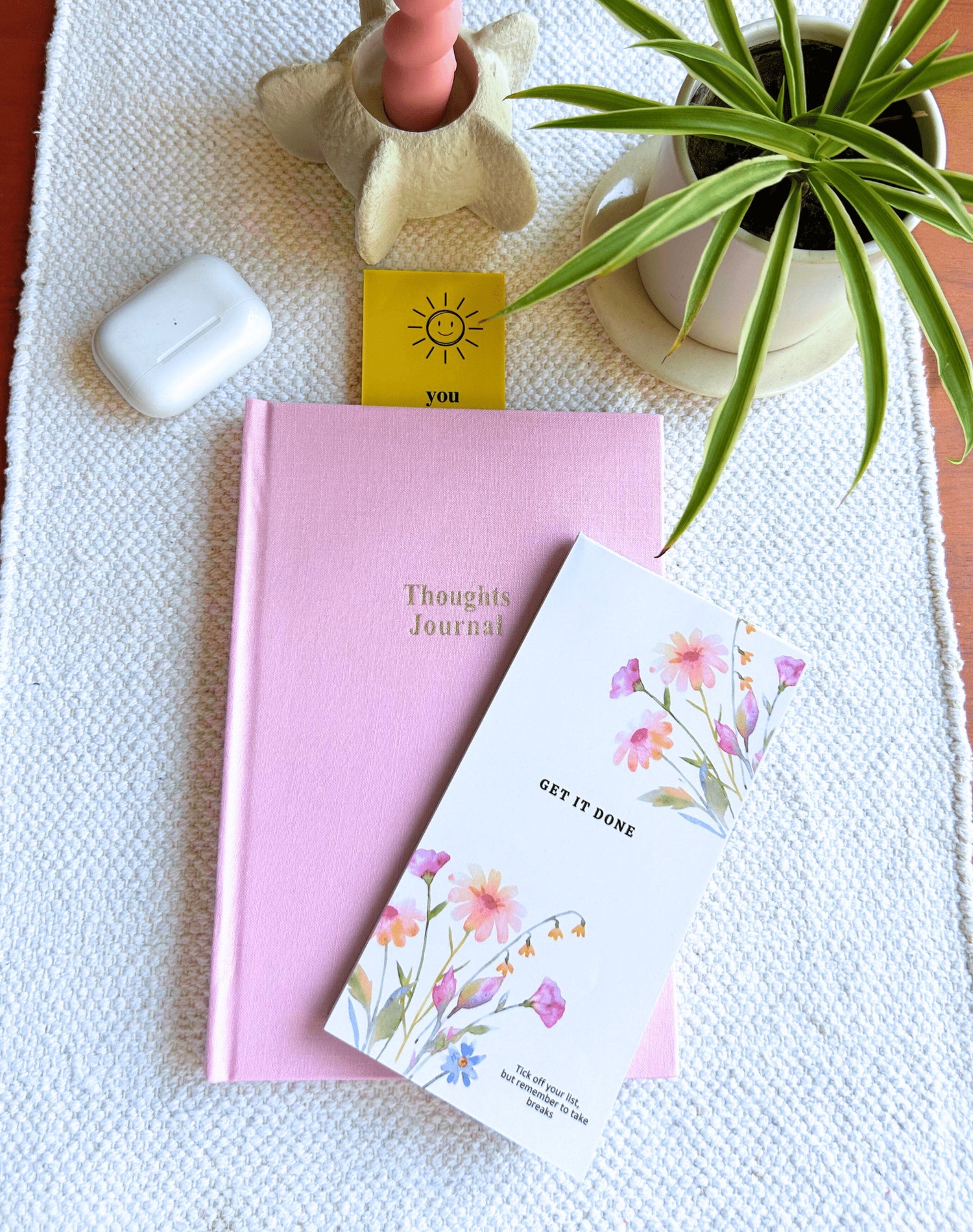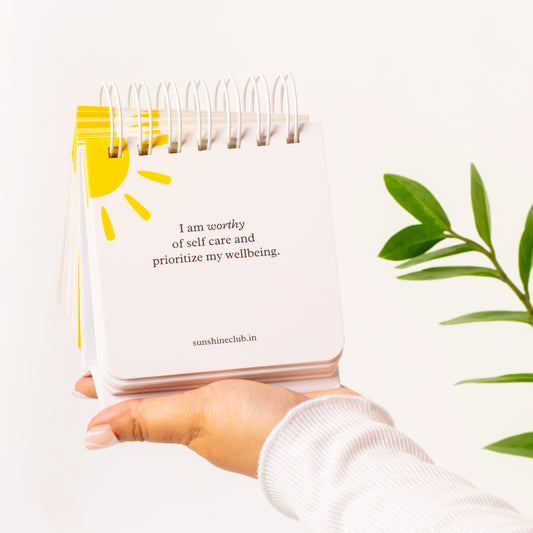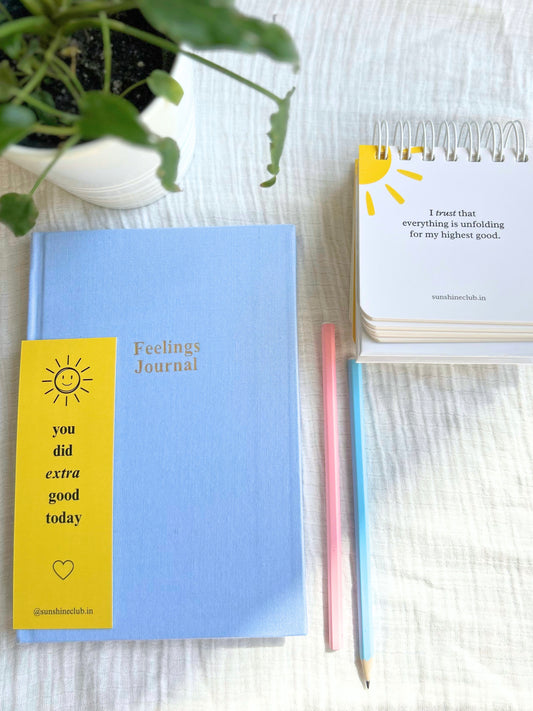
The Benefits of Journaling for Mental Health and Stress Relief
Share
Journaling has long been recognized as a powerful tool for improving mental health and managing stress. It is a simple yet effective practice that involves expressing thoughts, feelings, and experiences on paper. This act of writing helps individuals process emotions, gain clarity, and find relief from the stresses of everyday life. Whether you’re struggling with anxiety, seeking a creative outlet, or looking for a way to unwind, journaling can provide numerous benefits for mental well-being. Here’s a closer look at how journaling can enhance mental health and help you cope with stress.
Reduces Stress and Anxiety
One of the most immediate benefits of journaling is its ability to reduce stress and anxiety. When stressors pile up, it’s easy to feel overwhelmed, but writing about your worries can help to release the mental tension. By putting your thoughts into words, you create a sense of distance from them, making your stressors feel more manageable. This process, often called emotional release writing, allows you to vent your frustrations and fears in a safe, private space.
Studies have shown that journaling can lower the levels of cortisol, the body’s primary stress hormone. This means that regularly writing about stressful events or feelings can lead to a physiological reduction in stress. It also helps people process difficult emotions, preventing them from being bottled up inside and turning into chronic anxiety.
How to Use It: To relieve stress through journaling, try a method called free writing. Set a timer for 10-15 minutes and write continuously without worrying about grammar or structure. Let your thoughts flow naturally, focusing on whatever is troubling you. This exercise can be done daily or whenever you’re feeling particularly stressed.
Enhances Self-Awareness
Journaling can significantly enhance self-awareness, which is a key component of emotional intelligence. By reflecting on your thoughts, emotions, and behaviors through writing, you gain a better understanding of what triggers your stress and how you respond to different situations. This insight allows you to recognize negative thought patterns or habits that may be contributing to your stress levels, and work towards changing them.
Self-awareness gained through journaling also helps you identify your strengths and what brings you joy, making it easier to focus on positive aspects of your life. When you understand yourself better, you can make more informed decisions about your mental and emotional well-being. This self-discovery process can be empowering, leading to a greater sense of control over your thoughts and feelings.
How to Use It: Use prompts to explore your inner world. Questions like “What am I feeling right now?”, “What is currently causing me stress?”, and “What makes me feel most at peace?” can guide your journaling sessions. These prompts help you dig deeper into your emotional experiences and understand the root causes of your feelings.
Improves Mood and Emotional Well-being
Journaling has a positive impact on mood and overall emotional well-being. It provides an outlet for expressing difficult emotions, which can be particularly helpful during challenging times. Writing about negative experiences allows you to process and let go of feelings like anger, sadness, or frustration. It’s like having a conversation with yourself, where you can freely express your thoughts without fear of judgment.
Additionally, gratitude journaling—a specific form of journaling focused on writing about things you’re thankful for—has been shown to improve mood and foster a more positive outlook. By regularly reflecting on the good things in your life, you shift your focus from what’s lacking or difficult to what’s abundant and joyful. This practice can lead to increased happiness and a more optimistic mindset.
How to Use It: Keep a gratitude journal where you write down three things you’re grateful for each day. They can be simple things like a beautiful sunset or a supportive friend. This practice helps shift your perspective toward positivity and creates a habit of focusing on the good, even during stressful times.
Helps Process Trauma and Difficult Experiences
For those who have experienced trauma or are going through a particularly difficult time, journaling can be a therapeutic way to process and understand those experiences. Expressive writing, which involves writing about traumatic or deeply emotional experiences, has been shown to help individuals make sense of their feelings and reduce the intensity of painful emotions.
Writing about trauma allows people to organize their thoughts and reframe the experience, helping to reduce its hold over their lives. While journaling about trauma can be challenging, it can also provide a sense of relief and closure over time. Many therapists recommend journaling as a supplement to traditional talk therapy, as it can deepen the healing process.
How to Use It: If you decide to journal about a traumatic experience, start by setting a gentle intention and ensuring you are in a safe, private space. Write at your own pace, focusing on your feelings rather than the details of the event. Remember to end each session with self-care, such as listening to calming music or taking deep breaths.
Boosts Problem-Solving Skills and Creativity
Journaling can also help with problem-solving and creativity, which can be beneficial for managing stress. When faced with a problem, writing about it can help you see the issue from different angles and explore potential solutions. This process of brainstorming on paper can clarify your thoughts and help you find new ways to address challenges.
Creativity in journaling isn’t just about solving problems—it’s also about expressing yourself. Many people use their journals for creative expression, like drawing, poetry, or storytelling. This creative outlet can be a form of self-care, helping you tap into your imagination and escape from daily stressors.
How to Use It: Use your journal as a space for brainstorming solutions to problems. Write down the challenges you’re facing and list possible ways to address them. Alternatively, dedicate a section of your journal to creative writing or doodling, giving yourself a break from the usual routine.
Conclusion: Embracing Journaling for Mental Health
Journaling is a versatile and accessible tool for supporting mental health and reducing stress. By writing regularly, you can release pent-up emotions, enhance your self-awareness, and gain new perspectives on life’s challenges. It provides a space to vent, reflect, and grow, making it an invaluable part of a holistic self-care routine.
Whether you’re dealing with everyday stress, seeking clarity on a tough decision, or processing past experiences, journaling can help guide you through. The best part is that it’s a practice you can adapt to your needs, making it as structured or free-form as you like. Embrace journaling as a companion on your mental health journey, and you may find that it offers not only relief from stress but also a deeper connection to yourself.








